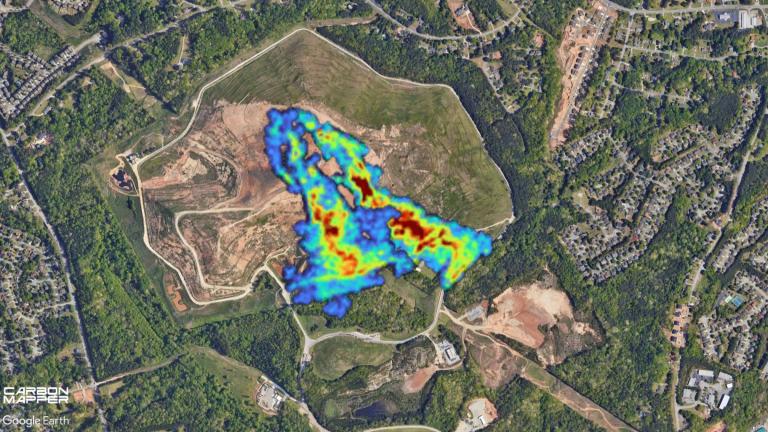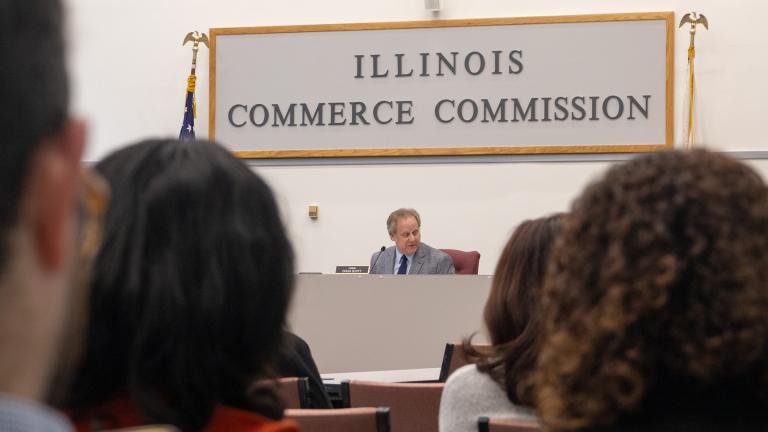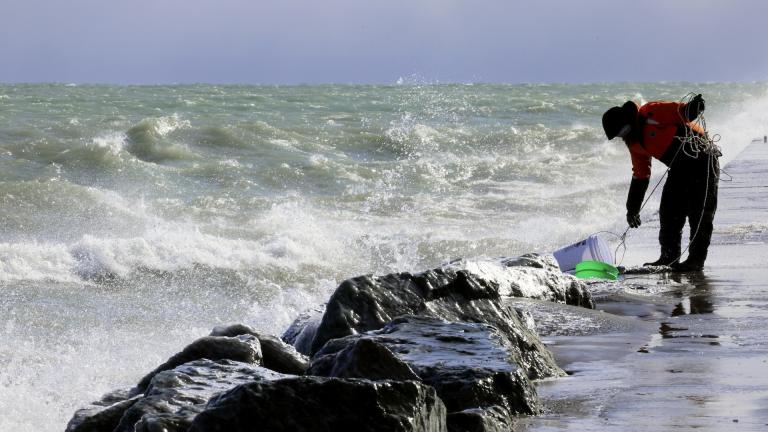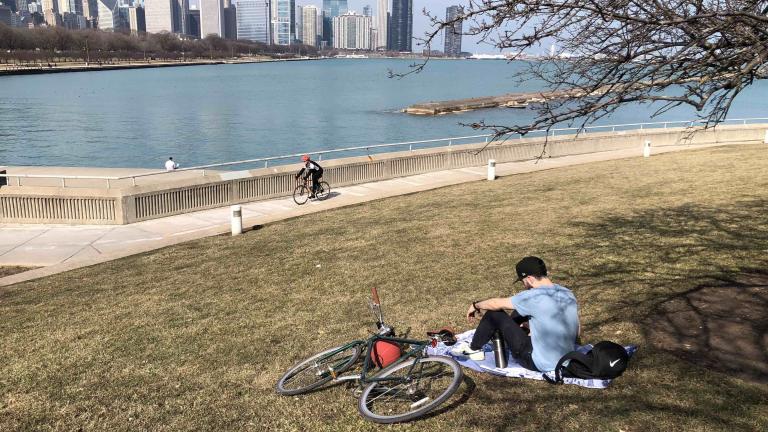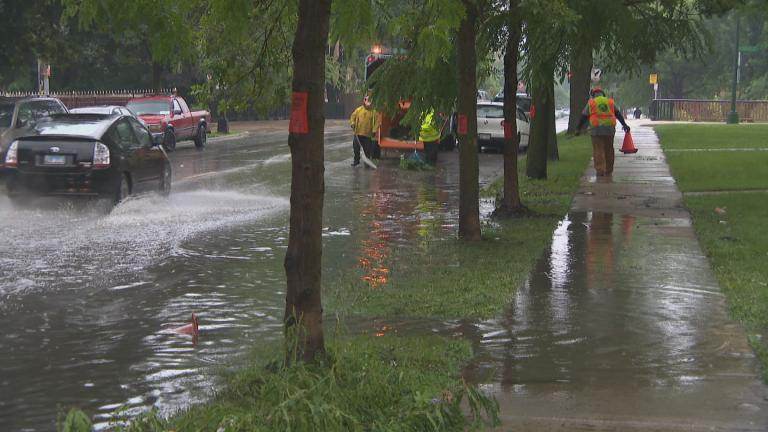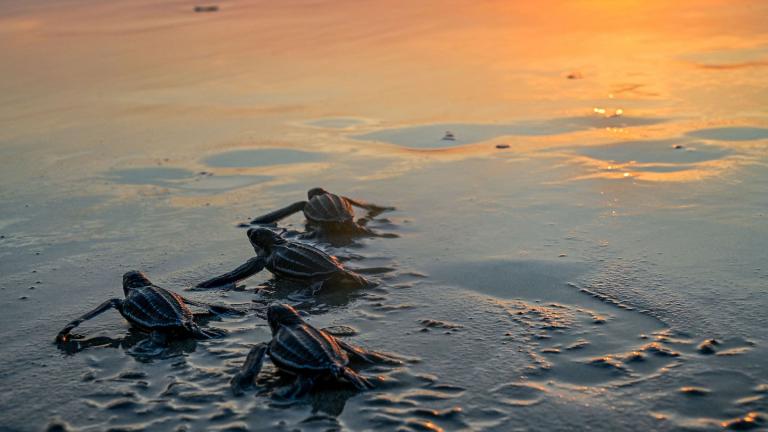Wild weather events in the first half of 2021 — everything from droughts and flooding to heat domes and blizzards across the country — have focused attention on the effects of climate change.
In Chicago, Black and Latino neighborhoods are more likely to be burdened by industries that pollute the air, ground and water, making environmental justice an important part of the equation as the country moves forward. Now, local activists and elected officials are pushing for legislation to address climate change and adapt to its effects while keeping Illinoisans working in a greener and cleaner future.
Eduardo Flores is a steering committee member with Clean Power Lake County and one of the organizers of a July 31 youth climate rally with the Sierra Club and state Sen. Cristina Castro demanding legislation to address climate change in Illinois. Flores says that in his hometown of Waukegan, which has a population that is 55% Latino, he sees many of the effects of climate change every day.
“One in three children here in Waukegan have asthma, and that’s mostly due to the coal plant that we have along with five EPA superfund sites that are so polluted,” Flores said. “We start to see health impacts on our children, on our elderly, you know, people who are most vulnerable and so that’s the issue we focus most on.”
Waukegan sustainability coordinator Maya Dutta says that while no community is a monolith, any effort to address climate change must include environmental justice in its planning.
“I think it’s most important for activists and legislators to be looking at the specific communities they’re working for and getting really into that community,” Dutta said. “Talking with members of the community, talking to residents, talking to people that visit there often and understanding best what they want and what they see for their future, especially as we look towards a greener and more just future for all.”
Part of that is keeping those most affected by climate change employed. In Illinois, fossil fuel industries are major employers, so Flores says his organization advocates for a “just transition” to clean power.
“We want to have workforce hubs that focus in key areas of Black and brown communities, so that people who want to have these jobs can, they’ll get all the training and everything paid for, as well as people who are working in this industry, they can transition and they’re not just left out,” Flores said. “[The workers] like the idea of being able to get all these trainings paid for, not having to worry about how they’re going to put money on the table while they’re getting retrained and while they’re like learning the whole process and the things that they need to be able to successfully function in in those jobs.”
Waukegan is one of more than 200 Illinois communities contributing to a recently unveiled Climate Action Plan. The plan was created by the Metropolitan Mayors Caucus and National Oceanic and Atmospheric Administration and focuses specifically on local government action to mitigate and adapt to the effects of climate change.
READ: Chicago Region Prepares to Take Action on Climate Change
“Mitigating climate change would mean decreasing greenhouse gas emissions and adapting to climate change would mean increasing resilience of our communities,” Dutta said. “The climate action plan is filled with a bunch of different strategies that outline how municipalities can pursue these actions and achieve climate action that is on a level that is appropriate for municipalities and local governments. And it also provides an opportunity for the suburban areas to collaborate with one another.”
“We don’t want to end up with a sixth superfund site here in Waukegan,” Flores said. “The climate and equity bill, that may be the name, but it’s not just about that. It’s about jobs, it’s about industry, it’s about Black and brown communities, health, and … future generations.”

